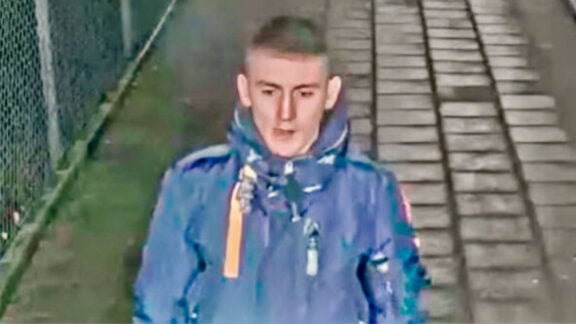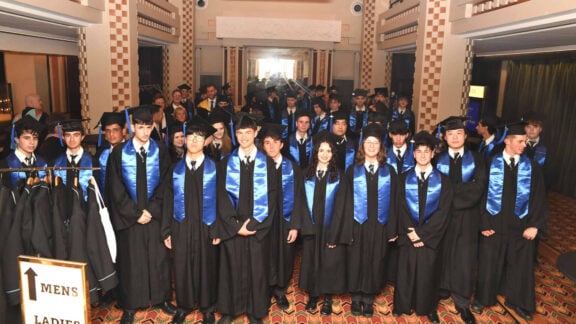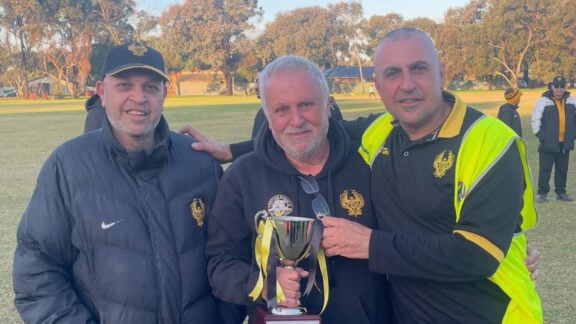Entering a new school is probably one of the hardest things a child can do, but add the fact that they don’t know the language and meet a completely foreign school system, hard is an understatement.
With the new wave Greek migration to Australia because of the financial crisis, Australian schools are seeing an influx in Greek international students.
These students come with varying levels English proficiency, are used to a completely different school system and are thrown into a brand new culture they don’t have a lot of knowledge of.
Their friendship base has been left in Greece, and their parents are just as confused as they are to their new surroundings.
In the past two years, the number of Greek families moving to Australia has doubled, but numbers are still small. In Victoria, according to the Australian Greek Welfare Society , 111 families relocated to Australia in 2012-2013, up from 58 from 2011-2012.
Those families need to enroll their children in schools quickly and are faced with high costs, whether it be fees or uniform costs.
For the child, they understand they have to start from zero, with the pressure to make friends early on and to fit in creating a lot of anxiety.
Cross cultural counsellor and organisational psychologist, Jasmine Sliger, says Greek migrant children will be finding extreme pressures entering school in Australia.
“You’re going to have kids that are anxious and anxiety is a big component for migrant children, especially if they’re not speaking English,” she tells Neos Kosmos.
The anxiety about saying something wrong or not being accepted by their peers can manifest itself into serious problems.
Bullies hone in on those insecurities and can make the process of settling in very difficult.
If a child lacks confidence to speak up or feel like their concerns will go unheard, problems can arise that will affect their ability to learn and assimilate.
Ms Sliger deals with many Greek migrant families on a weekly basis, and says Greek mentality is sometimes to blame for problems not getting the right attention in the household.
“When you migrate, sometimes the Greek culture is not one necessarily that deals with authentic feelings.
“Some families are really excellent with emotion and are able to hear their children and some say, well, “pull your head in, you just have to suck it up.”
Ms Sliger says parents must be more receptive of changes in behaviour in their children that might indicate that they are suffering from bullying.
Issues like “fear of going to school, sleeplessness, trouble eating, crankiness, and being excessively cranky for nothing, so maybe it’s a two issue and they come with a 10 response”.
Currently research shows that one in four students experience some form of bullying in Australia.
Bullying behaviour peaks in the middle primary school years and the first year of high school with younger children more likely to bully others physically or verbally, and progress to social bullying behaviours including exclusion and manipulation.
For the first time since the wave of migration in the 50s and 60s, child migrants are at risk of being isolated and bullied at school.
Bullying specialist and psychologist, Evelyn Field says although time has passed, bullying hasn’t changed its character.
“Thirty or 40 years ago, Greek children would have been more likely to have been bullied, as were the Italians, but at the end of the day, bullying is really about one kid feeling insecure and picking on someone else that feels insecure,” Ms Field tells Neos Kosmos.
Since that time, the Australian Government has introduced policy in every state and territory to fight bullying under the National Safe Schools Framework.
The Framework provides school communities with a vision, a set of guiding principles and the practical tools and resources that will help build a positive school culture.
Alphington Grammar has welcomed a quite a few new Greek students in the past couple of years and has put in place a transition and support program that gives international students a personal mentor and a buddy to help them settle in.
“We have three teachers that handle all the international students, one speaks Greek, one speaks Chinese, and one speaks English,” Alphington Grammar principal, Dr Vivianne Nikou tells Neos Kosmos.
“The three teachers sometimes visits them at home, they have special excursions, they have special lunches for them.”
Dr Nikou believes times have changed for Greek migrant children, and that Australian society has matured when dealing with multicultural students.
“You hid your nationality back then, where as now they are quite happy to have their full European or Asian name,” she says.
Similarly, St George Orthodox College in South Australia believes new Greek students will feel at home with the fact that all students there learn Modern Greek, and will be able to help them settle in much quicker.
“Their English language learning is accelerated because all students learn Modern Greek and can interpret, translate and explain what is not understood,” Principal Raffaela Del Vecchio tells Neos Kosmos.
For parents seeking more information about bullying, visit the Government’s website www.bullyingnoway.gov.au/. Children needing help or someone to talk to can call the Kids Helpline for free on 1800 55 1800 or visit the website www.kidshelp.com.au/
For access to private psychologists in your area, contact the APS Find a Psychologists Service on the toll free number 1800 333 497 or conduct your own search on the APS website at www.findapsychologist.org.au.








